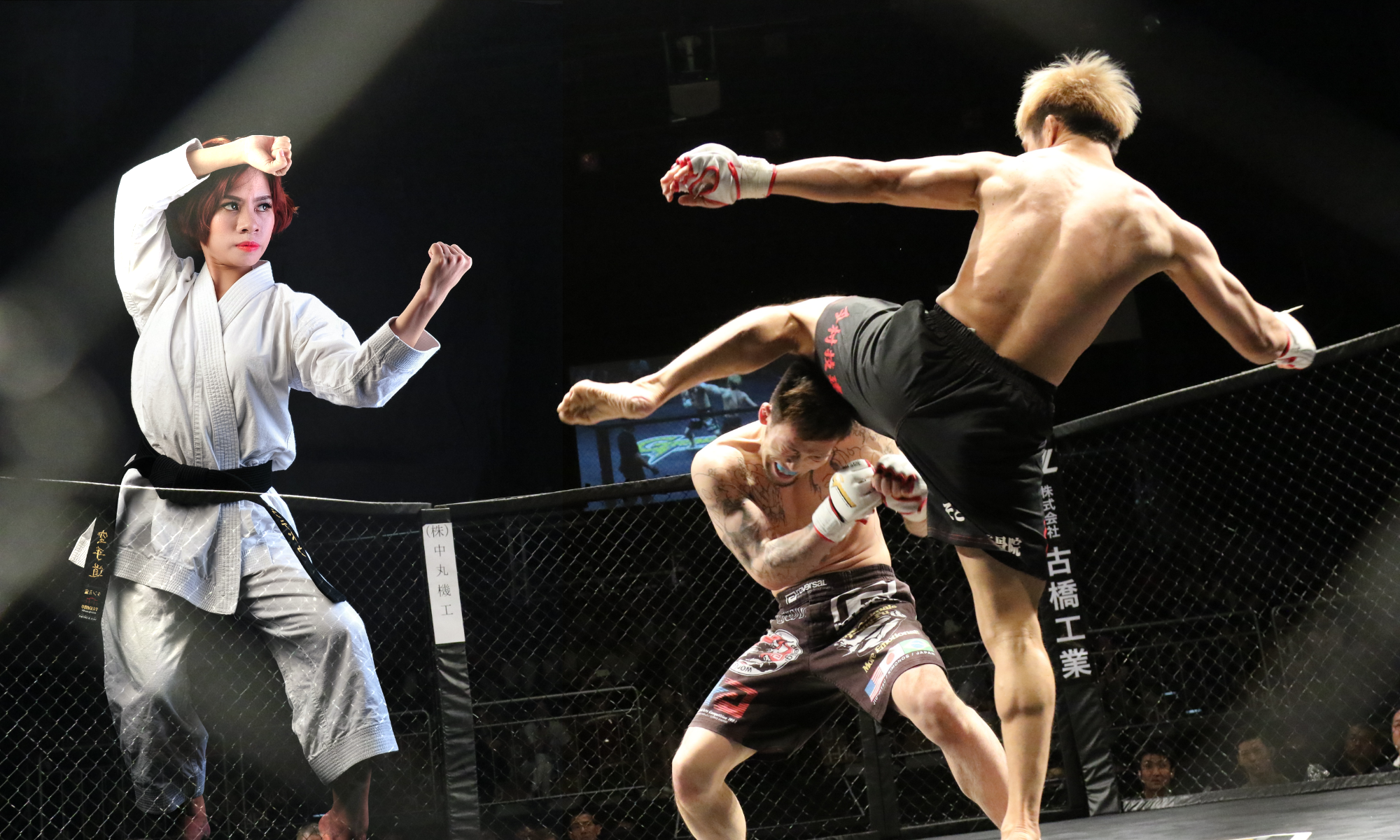Diego Sanchez Accepts Sanction for Violation of UFC Anti-Doping Policy https://t.co/HvwDoL4vjk
— USADA | UFC Anti-Doping Program (@USADA_UFC) January 31, 2020
Diego Sanchez has run afoul of some banned substances, although he was able to determine his positive test was the result of tainted supplements.
According to the U.S. Anti-Doping Agency on Friday, Sanchez has been suspended for three months dating back to a positive test for ostarine on Dec. 12. Additionally, he was also flagged for S-23, a selective androgen receptor modulator (SARM), and both were discovered in supplements he provided for analysis. Due to his cooperation and the investigation that followed, Sanchez was not found at fault and received a reduction in his sentence. As the USADA regulations have changed, allowing for miniscule levels of these substances provided they do not enhance an athlete’s performance, Sanchez was in that threshold of permissibility.
Sanchez tested positive on Dec. 12 for both of these substances in an out-of-competition drug test. Providing specific containers of the supplements he was using, the agency was able to determine that they contained these banned supplements despite not being listed on the packaging. His case joins one among several recent fighters including Sean O’Malley, where supplements he took contained ostarine.
As the agency determined that Sanchez’ exposure to the substance dated back to October, his three-month suspension has already tolled. As such, Sanchez is eligible to compete again, and his Feb. 15 co-headliner at UFC Fight Night 167 against Michel Pereira will not be impacted.
USADA’s statement regarding Sanchez is as follows:
“USADA announced today that Diego Sanchez, of Albuquerque, N.M., has accepted a three-month sanction for a violation of the UFC® Anti-Doping Policy after testing positive for prohibited substances.
“Sanchez, 38, tested positive for ostarine and S-23 as the result of an out-of-competition urine sample he provided on December 12, 2019. Ostarine and S-23 are non-Specified Substances in the class of Anabolic Agents and prohibited at all times under the UFC Anti-Doping Policy and UFC Prohibited List.
“During an investigation into the circumstances of the positive test, Sanchez provided containers of products he was using at the time of the test for analysis at the World Anti-Doping Agency-accredited laboratory in Salt Lake City, Utah. Although no prohibited substances were listed on the supplement labels, the analysis revealed that the products contained the selective androgen receptor modulators (SARMs) for which Sanchez tested positive.
“On November 25, 2019, revisions to the UFC Anti-Doping Policy were announced. Under the revised UFC Anti-Doping Policy, if a situation arises where an athlete tests positive and is able to demonstrate by clear and convincing evidence that the cause of the positive test was due to a supplement certified by one of the certifiers in the UFC rules, he or she will not be subject to an anti-doping policy violation and will be permitted to compete after follow-up testing and when there is no performance enhancing benefit in question.
“USADA determined that Sanchez’s exposure to these substances began on October 26, 2019, prior to the current UFC Anti-Doping Policy being announced. Although Sanchez was not using a Certified Supplement, he received a reduction to his period of ineligibility because he was able to prove that his positive test was caused by contaminated products and the very low levels detected in the products would not have enhanced his performance.”

